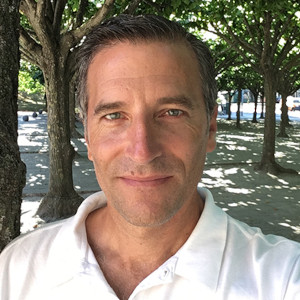I have been engaging with integral theory and evolutionary spirituality since 2005, and this perspective infuses my life. In my professional work as a university professor in city planning and landscape architecture, my scholarship concerns the historical, scientific, cultural, and design bases of urban greening, which I define as a social practice of organized or semi-organized efforts to introduce, conserve, or maintain outdoor vegetation in urban areas. This research encompasses the exterior and interior dimensions of urban tree planting initiatives (TPIs), urban ecosystem services and disservices, human health and wellbeing links with urban flora, design and planning norms, equity, and governance. I believe that design is a powerful tool for enhancing human and ecological potentials, and this informs my approach to urban planning and design. Raised in Sweden and the U.S. and having traveled extensively including work as a Peace Corps Volunteer in Senegal, I am also interested in international and transcultural perspectives on urban greening, meaning making, and creating a livable and sustainable future.

